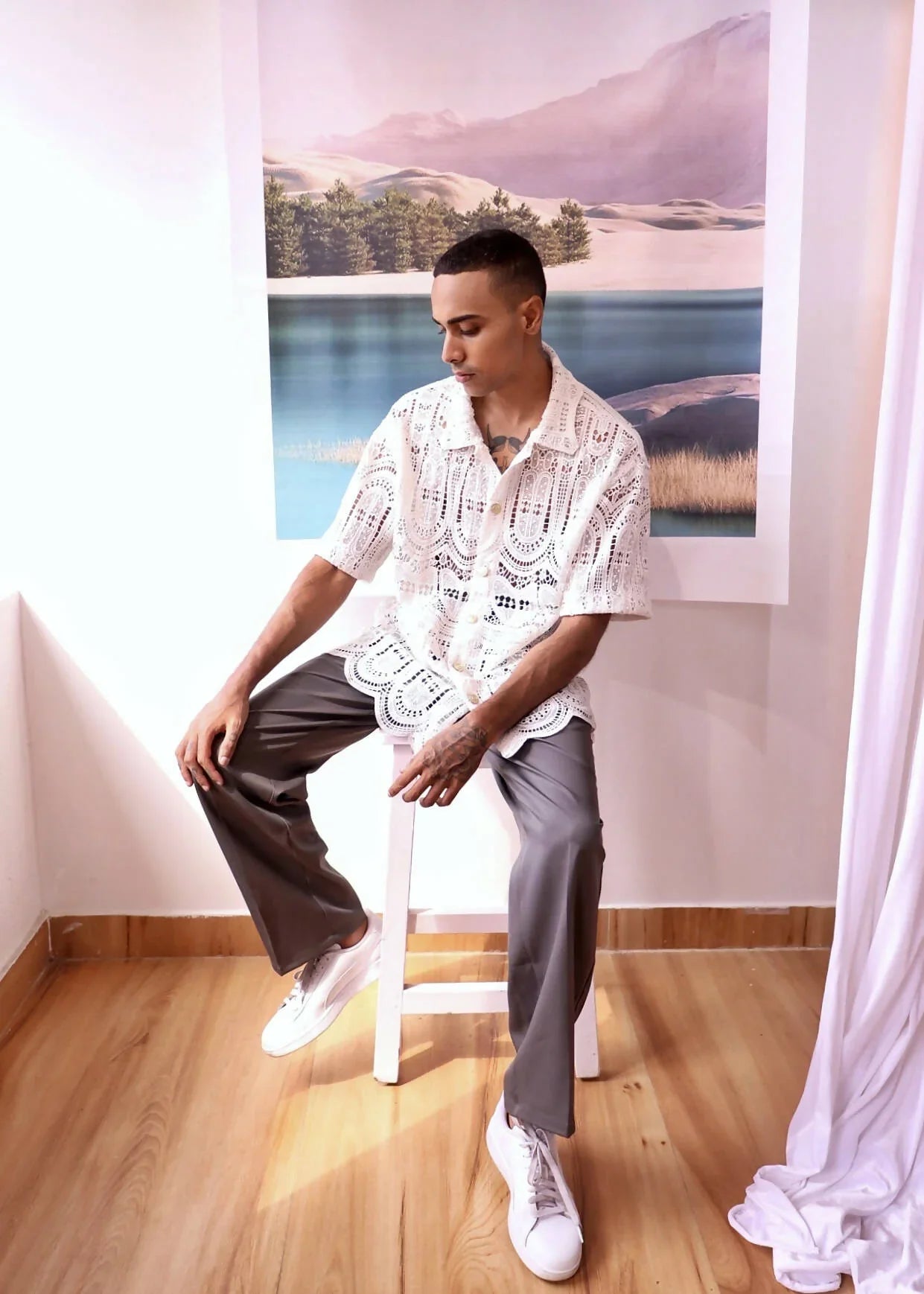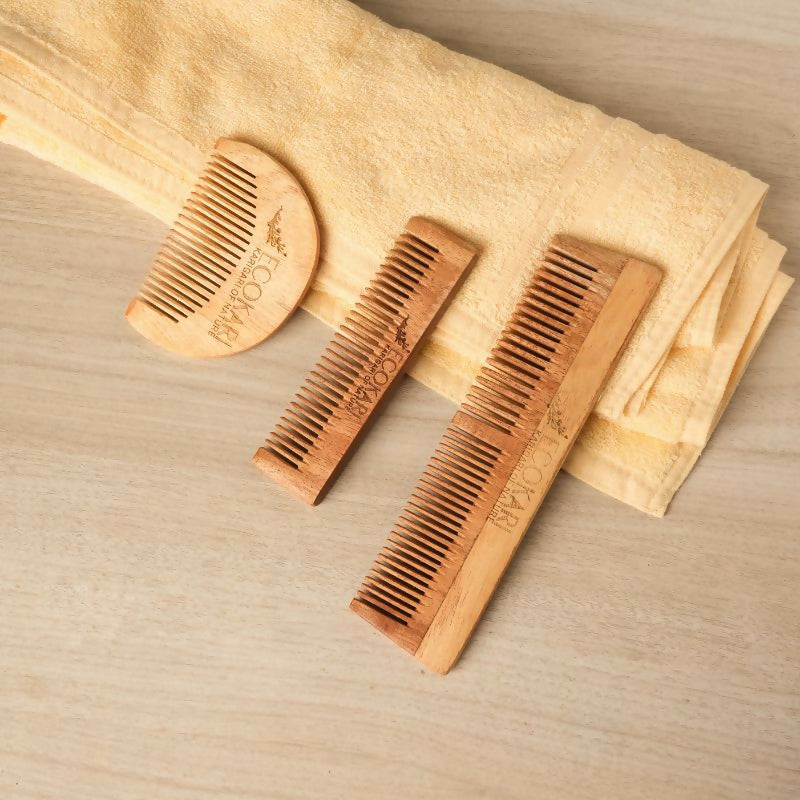Emily & Alice: Sages

What if textile dyes could be clean?
That is the question Emily Taylor found herself sitting with. After nearly a decade working in fast fashion, she knew exactly what went on behind the scenes. Unsustainable practices and chemically intensive processes were embedded into the system as if they were nothing unusual. The dyes used to make your favourite jeans indigo or your summer shirt blush pink? Those were often one of the most damaging parts of all.
Together with her co-founder Alice Simpson, Emily launched Sages, a biotech dye start-up that creates colour from food waste. The idea began while they were completing a Master’s degree at the London College of Fashion. During a collaborative unit, both realised their shared interest in natural colour chemistry and its environmental potential. By the end of 2020, Sages was born.
Their mission is to create high-performing, biodegradable dyes from food waste, the kind that can replace synthetic dyes in large-scale fashion supply chains.
Sages is a young company that is changing the way our clothes are coloured. Instead of using harmful synthetic dyes, they create colours through plant-based chemistry and bio processes that are fully sustainable. Their dyes are strong enough to meet industry standards, holding colour well under both light and washing tests.

(Image credit: Emily Taylor & Alice Simpson - Sages)
The best part is that manufacturers can use these dyes without major changes. They work as a direct replacement for synthetic dyes and have already been tried successfully in large-scale dyeing systems. Because they are water-soluble, the dyes can be used across different applications and have shown good results on fabrics like cotton, wool and silk.
What is the problem with synthetic dyes?
- The global textile industry uses more than 800,000 tonnes of synthetic dyes each year.
- Over 60% of that ends up as waste in rivers, oceans, and landfills.
- Synthetic dyes are linked to around 20% of global industrial water pollution.
In addition to the pollution they cause, these dyes require large amounts of heat as well as chemical fixatives to bond with fabric. This means high energy use and long-term damage to water systems and soil. Reformulating colour is one of the biggest untapped climate and sustainability opportunities in fashion.
Sages approaches this problem with a proprietary process that combines food waste and natural minerals. Their dyes are biodegradable and require lower energy to apply. They work well across different fabric types and meet key durability tests. They even developed custom dye shades for Patrick McDowell's runway collection.
What can Sages actually replace?
Emily and Alice, along with their team, create real alternatives to synthetic dyes, the same ones that dominate fast fashion, sportswear, denim, workwear and blended textile fibres. They’re already working with supply chains to test and roll out pilots. If their dyes catch on across even 1% of the 800,000 tonnes of synthetic dye used globally, the impact on water and chemical usage would be massive.
Most synthetic dyes in use today are made from harmful chemical agents and leave behind toxic residues in water. Many are non-biodegradable, and some are even carcinogenic.
In contrast, dyes made from food waste and natural sources are safer to produce, safer to wear, and safer for the planet. They break down naturally without leaving long-term pollutants. That is what Sages is built on, creating colour that is both safe and sustainable.






Leave a comment